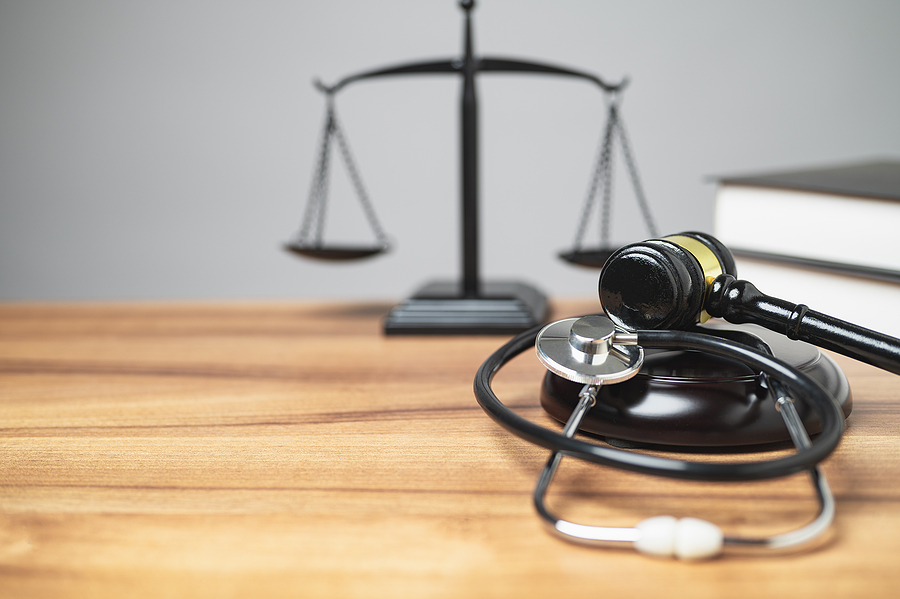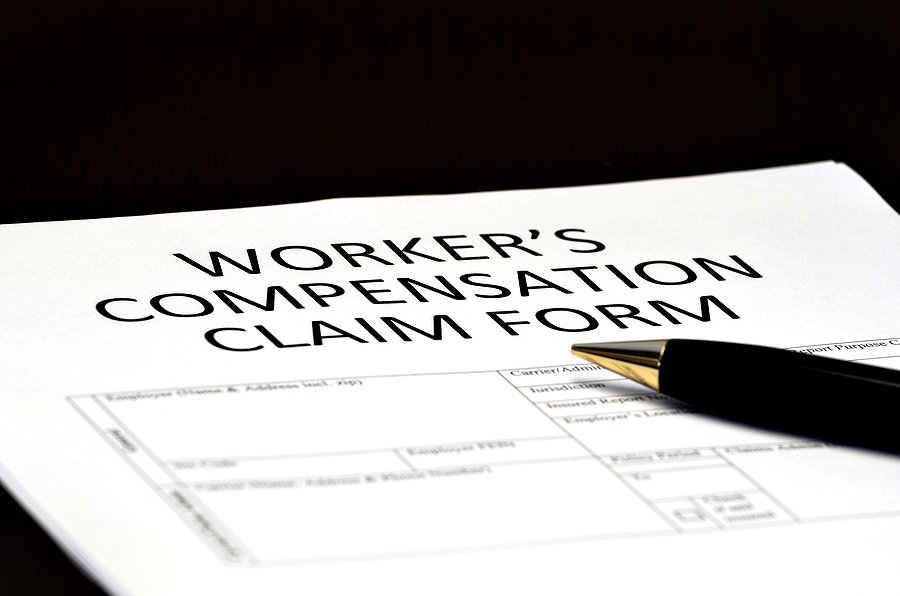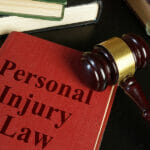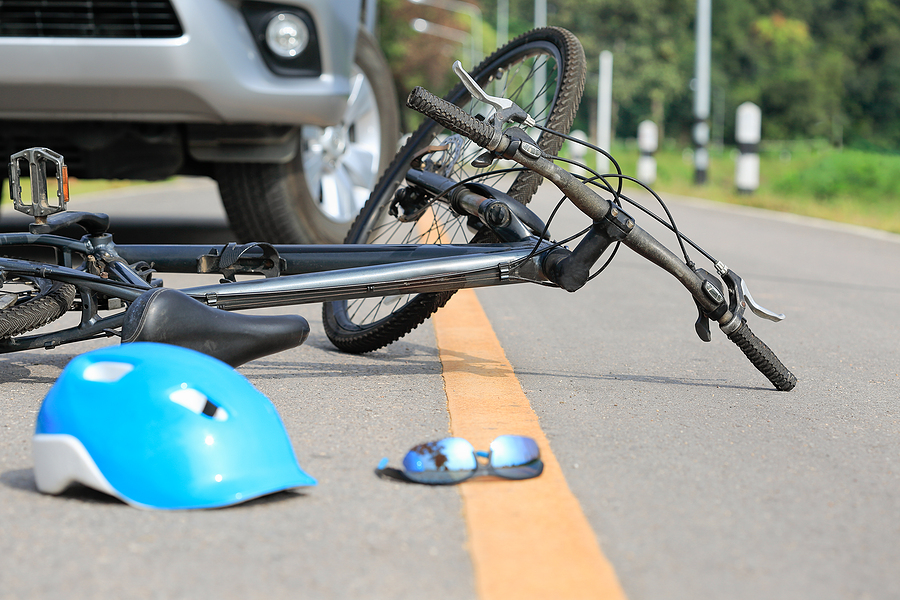As you go about your day-to-day activities, it’s easy to take your physical safety for granted. But in a split second, through no fault of your own, your life can change due to a tragic accident or careless behavior of others.
You may be entitled to compensation through a personal injury claim if injured in Arkansas. This article explores the different types of personal injury cases recognized in Arkansas and how an experienced personal injury lawyer can help injured individuals receive the justice they deserve.
What Is Personal Injury Law?
Table of Contents
Personal injury laws govern situations where an individual suffers harm and seeks compensation from those potentially responsible. These laws establish the rights of injured people and outline the legal process for pursuing claims.
Personal injuries result from many causes, such as car accidents, slips and falls, medical malpractice, and more. When injuries are due to another’s negligence or fault, the injured person may be entitled to financial recovery through the legal system.
To initiate a personal injury case, the injured person files a civil lawsuit in state or federal court as the plaintiff. The individual or entity allegedly at fault becomes the defendant. Personal injury laws define what constitutes a valid claim and who can be named as a defendant.
For their claims to be successful, victims must show that the defendant caused their injuries by breaching a duty of care owed to them. If the case is successful, damages could be given to cover expenses for things like medical bills, lost wages, and suffering.
Most personal injury law has developed through precedents set in past court rulings, though statutes also aim to summarize key principles. Cases can be resolved formally through trial or informally through a negotiated settlement. Alternative dispute resolution methods involving a neutral third party, like mediation or arbitration, offer additional resolution pathways. These alternative processes can yield binding or non-binding outcomes.
Arkansas Statutes of Limitations
Arkansas has several statutes of limitations that determine the amount of time plaintiffs have to file civil claims from the date a cause of action accrues.
For most personal injury, property damage, and libel claims, the statute of limitations is three years in Arkansas. However, the limit is only one year for slander claims involving damages to reputation. Written contracts carry a five-year statute of limitations, providing parties additional time to seek legal recourse for alleged breaches. Judgments obtained in civil cases have the longest limitation period at ten years, giving prevailing plaintiffs an extended window to enforce court orders if needed.
When it comes to injuries to persons, Arkansas law sets the time bar at three years. This same three-year limit applies for injury to personal property claims involving damages.
Medical and legal malpractice claims also have their own statute of limitations, with two years to file a case against healthcare providers and three years for allegations of attorney negligence or misconduct. Criminal trespass on another’s land also carries a three-year statute of limitations under Arkansas statutes. In summary, these varying limitation periods outline how long aggrieved parties have to initiate civil legal action based on the type of case.
Types of Personal Injury Claims in Arkansas
Car Accidents and Compensation for Personal Injuries
Car accidents are, unfortunately, a common cause of personal injury lawsuits in Arkansas. When vehicles collide, it can often result in physical harm to those involved. The types of damages one may recover depend on the specific losses and nature of injuries sustained in an accident. Some of the most prevalent types of damages awarded in Arkansas car accident cases include property damage, medical expenses, lost wages, pain and suffering, and, in rare cases, punitive damages.
Property damage compensation aims to make the injured party whole again by covering the diminution in the fair market value of their vehicle before versus after the crash. Additional repair costs may also be factored in.
Medical bills for both past treatments and projected future care can be reimbursed. Lost wages from time missed from work due to accident-related injuries are recoverable as well. Even non-economic harms like physical pain, mental anguish, and emotional distress may warrant damages.
However, punitive damages, aimed at punishment rather than remediation, require clear and convincing evidence that the at-fault driver acted with malice or reckless disregard for others. The plaintiff needs to prove underlying liability for compensatory damages first before punitive damages can even be considered.
Let us look at a real incident for better understanding. Early in 2024, a devastating accident in Fayetteville, Arkansas, left several people injured and dead. On the morning of January 14th, two vehicles collided, sustaining major frontal damage, according to reports. Tragically, one of the vehicles contained a minor passenger who did not survive the crash. Several more were injured in the incident.
When loss of life or severe bodily harm results from automobile accidents, it can take a tremendous emotional and financial toll on all parties involved. In cases of suspected negligence or liability, specialized legal guidance from a Fayetteville personal injury attorney may help provide answers and seek justice through appropriate legal channels.
According to Keith Law Group, delaying the filing of personal injury cases should be avoided despite having a three-year window for filing. Filing early facilitates easier case investigation and increases the likelihood of receiving compensation promptly. Thus, it is advisable for injury victims to initiate their cases as soon as possible to ensure the best chance of a successful outcome.
Slip and Fall Accidents
Slip and fall accidents pose a significant risk of injury. Property owners have a duty to maintain their premises in a safe condition and prevent hazardous conditions that could lead to falls. Conditions like wet or slippery floors, uneven surfaces, loose rugs or mats, debris, poor lighting, and other slip and trip hazards must be addressed promptly.
Stairways also need handrails and grab bars installed securely. If an injury occurs due to a hazardous condition, the property owner could be held liable for failing to remedy known risks. Proper maintenance and inspections are important to comply with safety obligations and prevent incidents.
Medical Negligence
In Arkansas, medical negligence plaintiffs bear the burden of proving the applicable standard of care was breached, causing harm. Expert testimony is usually required to establish the standard, demonstrate how a provider deviated from it, and show this deviation resulted in injuries.
Healthcare providers must exercise the degree of skill, knowledge, and care exercised by a reasonably competent practitioner in the same field under similar circumstances. The Arkansas Medical Malpractice Act provides the sole legal avenue for seeking damages from qualified medical care providers for injuries arising from negligent treatment or care. Plaintiffs must show clear evidence of substandard conduct and a direct causal link to complications or injuries.
Pedestrian and Cyclist Accidents
Collisions between motor vehicles and pedestrians or cyclists frequently lead to personal injury claims in Arkansas. Due to their vulnerability without the protection of a vehicle, non-motorists often sustain severe and life-changing injuries like traumatic brain injuries, fractures, disfigurement, or amputation from accidents. Tragically, some incidents prove fatal.
Injured parties may pursue compensation to cover mounting medical costs, lost wages, pain and suffering from long-term disabilities, and other damages resulting from the crash. High rates of very serious injuries emphasize the need for all road users to follow safety laws and share responsibility to prevent such accidents whenever possible.
The continuous influx of legal cases alongside a swift rebound from the impact of COVID-19 has facilitated steady expansion for personal injury lawyers and attorneys over the last five years, albeit with minor fluctuations.
Estimates indicate that revenue in this industry will grow at an average annual rate of 2.0% over the coming years. If this trend continues, total revenue is projected to reach approximately $57.3 billion by the end of the period. Specifically, revenue in 2024 is anticipated to be 0.4% higher than the previous year, as modest but steady increases are expected to continue.
This steady expansion of the personal injury legal field means that individuals in Arkansas have ample resources available should they experience harm through no fault of their own.
There are several types of personal injury claims that individuals can pursue under Arkansas law if they have suffered harm or losses due to the negligent or wrongful acts of others. Some of the most common claims include injuries from automobile accidents, slip and fall accidents, and medical malpractice.
By understanding the types of personal injuries that are legally compensable, individuals will know whether they may have grounds to file a claim after being hurt.
Image Source: BigStockPhoto.com (Licensed)
Related Categories: Legal, Reviews








